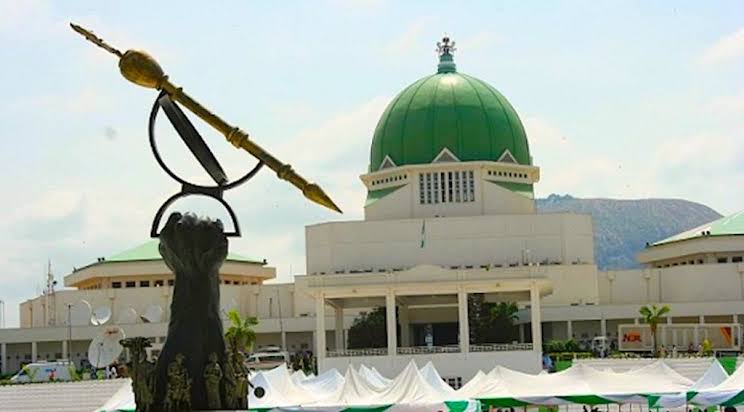EDITORIAl: The Struggle For Local Government Autonomy In Nigeria

One of the things that posterity will judge in favour of this administration of President Bola Tinubu, is the political will demonstrated to remove local government councils from the jaws of the state governors.
In May 2024, the federal government took legal action against the 36 state governors at the Supreme Court over alleged maladministration of the Local Governments in the country.
The government through the Attorney General of the Federation and Minister of Justice, Lateef Fagbemi, instituted a suit against the governors at the Supreme Court, demanding for full autonomy for the local governments.
It sought for an order to restrain the state governors from unlawful dissolution of democratically elected local government executives.
It also sought for an order to allow the local governments to get their shares directly from the federation account in line with the provisions of the constitution as against the current practice of joint accounts being operated by the governors.
It prayed the Supreme Court to stop the governors from constituting caretaker committees to run the affairs of local governments as against the constitutionally recognized and guaranteed democratic system.
It argued that the failure of the governors to put a democratically elected local government system in place, was a deliberate subversion of the 1999 constitution which they and the president have sworn to uphold.
It stated that all efforts to make the governors comply with the dictates of the 1999 constitution in terms of putting in place, a democratically elected local government system, has not yielded any result and that to continue to disburse funds from the federation account to governors for non-existing democratically elected local government is to undermine the sanctity of the 1999 constitution.
It also maintained that in the face of the violations of the 1999 constitution, the federal government is not obligated under section 162 of the constitution to pay any state funds standing to the credit of local governments where no democratically elected local government is in place.
On Thursday, July 11, 2024, the Supreme Court, in a unanimous judgement of its seven-member panel, granted financial autonomy to local governments.
Justice Emmanuel Agim, who delivered the lead judgement, held that the local governments across the country should, from July 11, 2024, receive their allocations directly from the Accountant-General of the Federation, adding that it was illegal and unconstitutional for governors to receive and withhold funds allocated to local government areas (LGAs) in their states.
While this victory was widely celebrated across the country, it should be noted that it is not yet uhuru for the local governments as administrative autonomy is required for them to be truly independent.
The local governments should be able to conduct their elections, present their own budgets and execute projects devoid of interference, especially from the state governments.
The current practice where the governors impose local government councils’ chairmen on the people in the name of election so as to indirectly take over the affairs of the local governments cannot guarantee quality leadership or development at the grassroots.





